Recovery is Within Reach – Learn How Insurance Coverage Plays a Role in Your Mental Health and Addiction Treatment in North Carolina.

At Southeastern Recovery, we believe that addiction treatment and mental health services should be accessible to anyone who wants to change their lives. Your recovery should be your primary focus during this time, not the financial roadblocks that may pop up on your path. That is why we are dedicated to providing personalized mental health and addiction treatment programs in North Carolina that most major medical insurance providers accept.
By accepting multiple insurance options, we are removing the barriers that often cause people to put off getting the treatment and help they need. Our team is dedicated to working closely with your personal insurance provider to ensure that the services we provide align with the coverage provided by the carrier. We know that navigating the complex world of medical insurance can be overwhelming – which is why our guide was created, to help you find the answers you need and make the process a little easier.
When it comes to insurance coverage for addiction treatment centers, understanding the difference between in-network and out-of-network providers is crucial. It’s important to contact your insurance provider to understand which providers are in-network and what services are are covered under your plan. While out-of-network providers may offer specialized services or be more convenient, they can also be significantly more expensive, so it’s wise to weigh the costs and benefits carefully.
Verifying addiction treatment coverage with your insurance provider involves several steps to ensure you have a clear understanding of what services are covered, which providers are in-network, and what your potential out-of-pocket costs might be.
When considering getting help for drug or alcohol addiction, the expense of treatment should be the last concern on you or a loved ones mind. We offer free insurance verification along with transportation assistance to our rehab facility. Allow us to handle the financial details while you focus on what matters, getting well!
Insurance plans generally cover outpatient counseling, inpatient rehabilitation, detox programs, and medication-assisted treatment. Coverage details can vary based on the specific insurance policy.
Yes, under both federal law (the Affordable Care Act) and state regulations, most health insurance plans are required to cover mental health and substance use disorder services.
You should contact your insurance provider directly or check your plan’s documentation to confirm whether a specific facility is covered under your network.
Coverage can vary; some plans may cover the entire cost, while others might require copays, deductibles, or have coverage limits.
You can appeal the decision. Your treatment provider can often assist with the appeal process, providing necessary documentation and expertise.
Yes, Medicaid and Medicare can provide coverage for eligible individuals, and North Carolina has specific programs to help with addiction and mental health treatments.
Prior authorization is a requirement that your healthcare provider must obtain approval from your insurance company before a service is provided. It can delay treatment but is a common insurance practice.
Not all facilities accept insurance, so it's important to verify with the facility about their insurance policies and accepted plans.
Common expenses include deductibles, copays, and sometimes, specific services not covered by insurance.
You can use your insurance provider’s website to search for in-network facilities or contact the facilities directly to inquire about insurance acceptance.
In-network providers have agreements with insurance companies to provide services at negotiated rates, usually resulting in lower costs to patients. Out-of-network providers do not have such agreements, often leading to higher out-of-pocket costs.
Many insurance plans now cover online therapy and counseling, especially since the COVID-19 pandemic. Check with your insurance provider for specific coverage details.
Yes, HSAs and FSAs can often be used for qualifying medical expenses, including some addiction and mental health treatments.
Limitations can include the number of therapy sessions, types of medication covered, and duration of inpatient stay. It's important to review the specifics of your insurance policy.
North Carolina offers several programs that may help with funding treatment for those who are uninsured or underinsured. Local health departments and non-profit organizations can also be resources for financial assistance programs.

